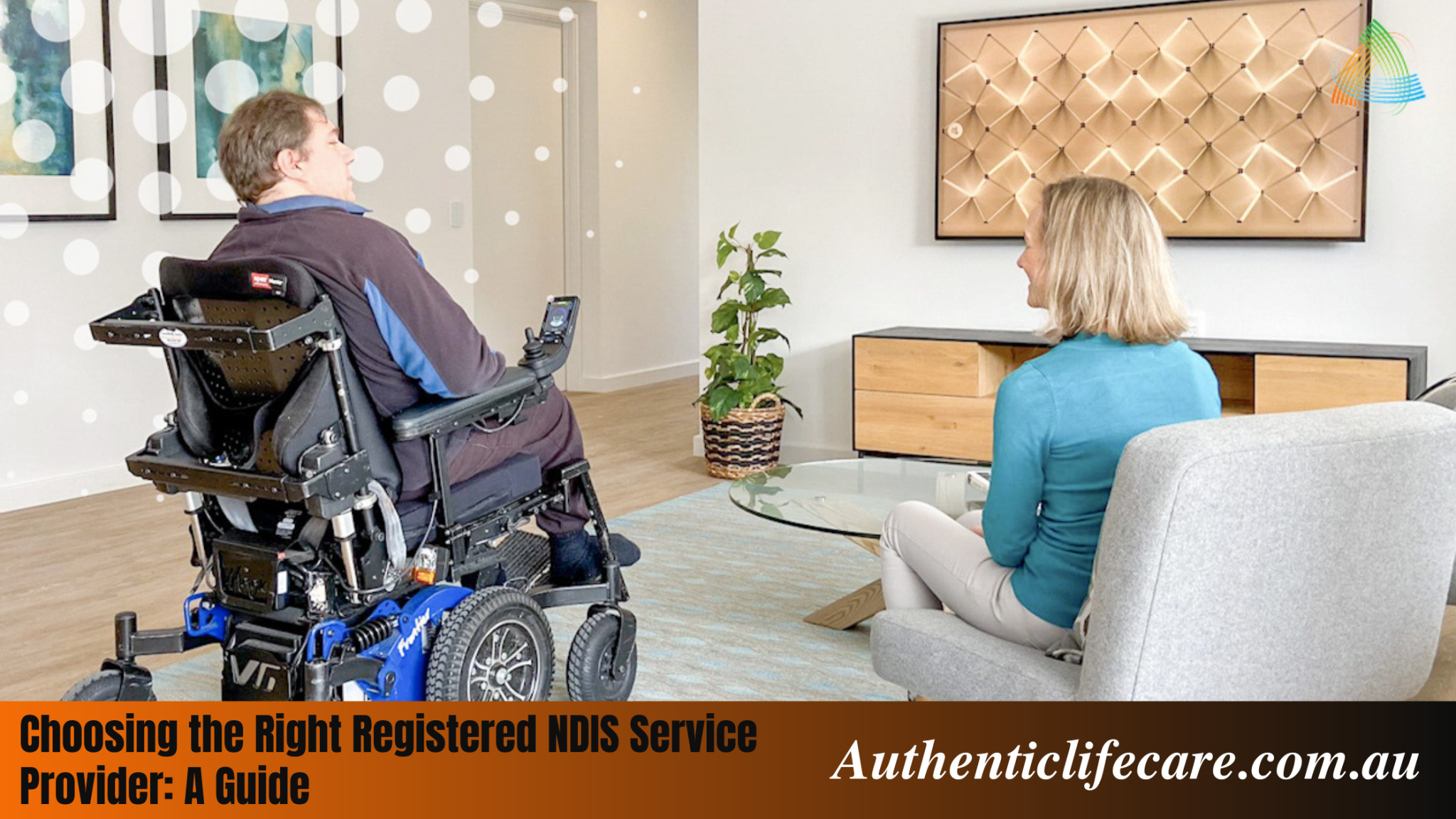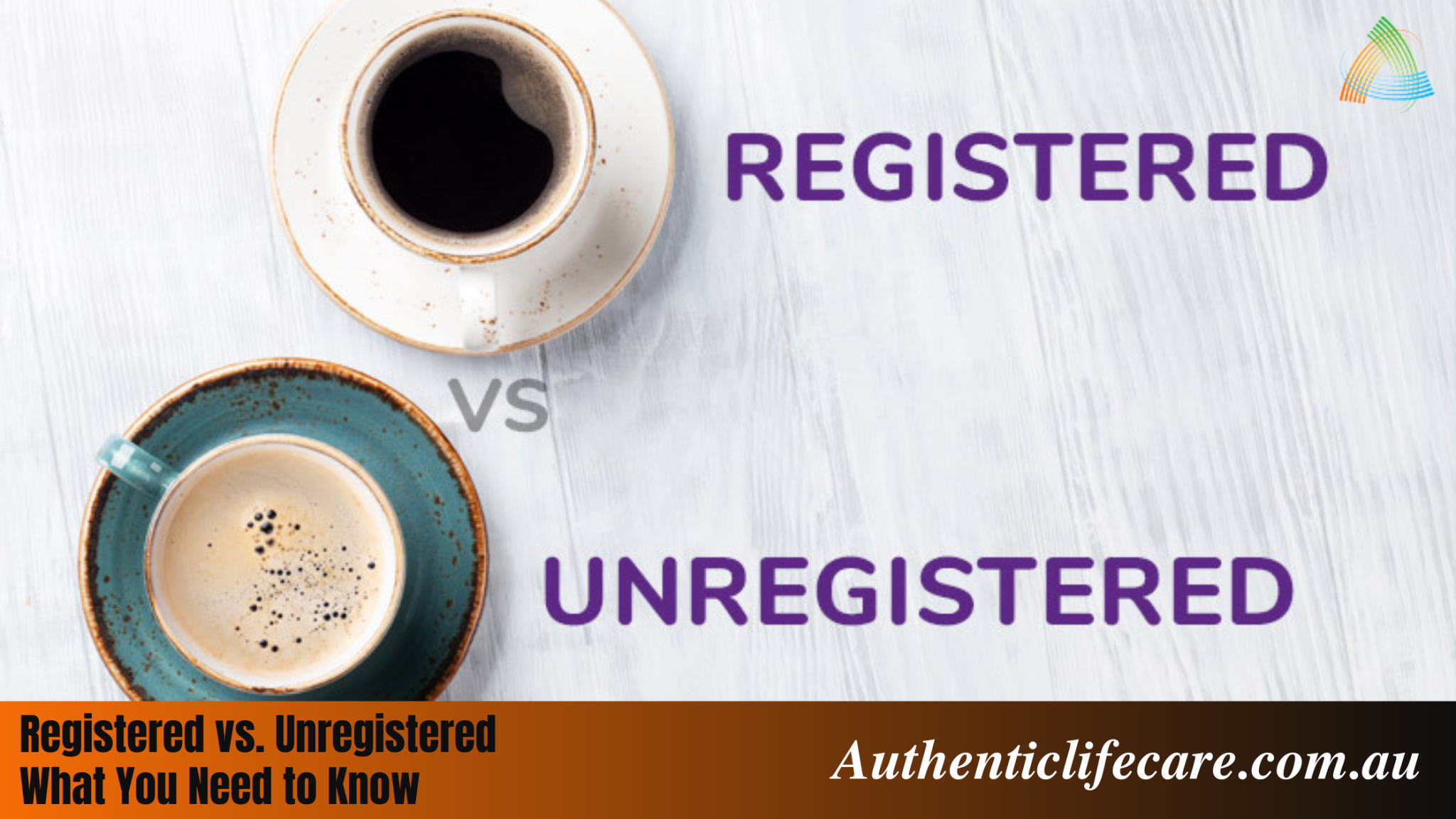Many individuals associate transportation with liberty, independence, socialisation, income, and education. The four primary methods that the NDIS can pay your transportation plans are explored in this post, along with some of our team’s insights.
Finding your way around
If your handicap makes it difficult or impossible for you to utilise public transportation, the NDIS can help you pay for taxis, rideshares, community transportation, and other alternative modes of transportation. To obtain this financing included in your plan, you must meet the reasonable and necessary criterion, which in this case means outlining why taking the bus, tram, or train is impracticable for you.
This money will be allocated to Support Category 2 (Transport Allowance), which is Core support, in your NDIS plan. Your plan manager or NDIA immediately deposit these monies into your bank account every two weeks to assist you in covering your transportation costs.
Taking a trip with a companion
The NDIS may also be able to help you pay for a support worker to drive you about or accompany you out in public. Shopping trips, social activities, and transportation to medical appointments are all examples of this.
This money is in support category 4 (Social and Community Engagement Assistance), also referred to as core support. These outings are charged at an hourly rate that covers the overall length of the outing as well as the time it takes your support worker to get to and from your home.
Additional travel fees, such as tolls, parking, or a public transportation ticket, may be charged by your support worker. It’s always a good idea to talk about these things ahead of time and sign a service agreement that spells out the agreed-upon hourly rate and any additional expenditures you’ll be responsible for.
NOTE: The NDIS is currently allowing participants to use their transportation money in more creative ways. You can now use your Category 2 and Category 4 budgets interchangeably, so you can pay for an Uber or cab with your Assistance with Social and Community Participation funds, and vice versa.
Transportation can help you gain freedom.
A typical NDIS goal is to help people become more self-sufficient, and transportation plays a key role in that. If your disability makes it difficult for you to go around, but you want to learn how to overcome these obstacles and travel freely, you may be eligible for financing for public transportation training or driving lessons.
This money comes from Support Category 15 (Improved Daily Living), which is a Capacity Building program that helps you gain independence, skills, and confidence.
Vehicles with a particular purpose
If your disability necessitates a specialised or modified vehicle, the NDIS may be able to assist with the cost of modifications under the ‘Assistive Technology’ category (category 5).
The NDIS will not cover the cost of the car, but it may fund modifications to allow you to do things like…
drive the vehicle with specialised controls or other adaptations; get in and out of the vehicle with or without a wheelchair; carry your wheelchair in or on the vehicle without lifting; be transported safely while seated in your wheelchair, or drive the vehicle with specialised controls or other adaptations
The National Disability Insurance Scheme (NDIS) will only cover a vehicle modification if it is deemed to be cost-effective. The NDIS will most likely reject your request if a less expensive but equally effective alternative is offered. They may also choose to fund only a portion of the project that they think is reasonable and required, leaving you to cover the rest.
Do you require assistance?
When it comes to transportation, both Authentic Life Care and support coordination might be beneficial. Authentic Life Care can help you connect with a variety of transportation providers. Your Authentic Life Care can also take care of the financial aspects of your transportation arrangements and give helpful tools to keep you on track. If your plan includes support coordination, your support coordinator will be able to locate and link you with the appropriate service providers for your transportation needs.













